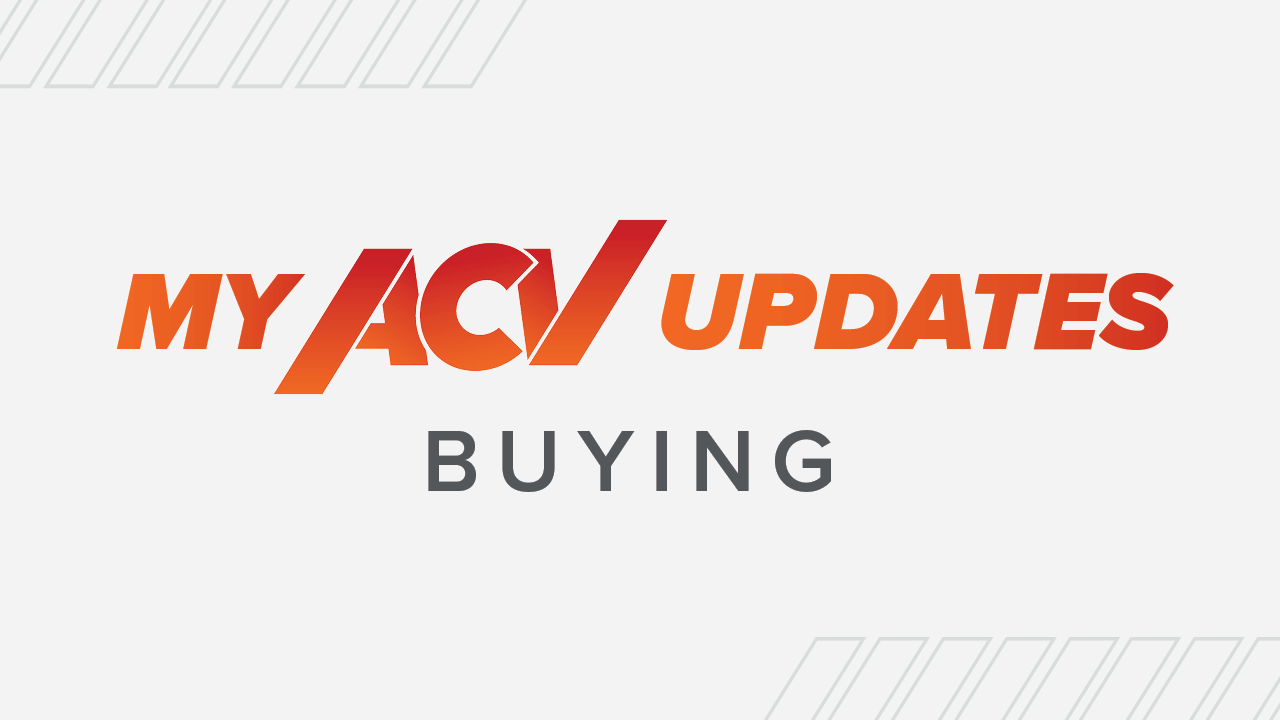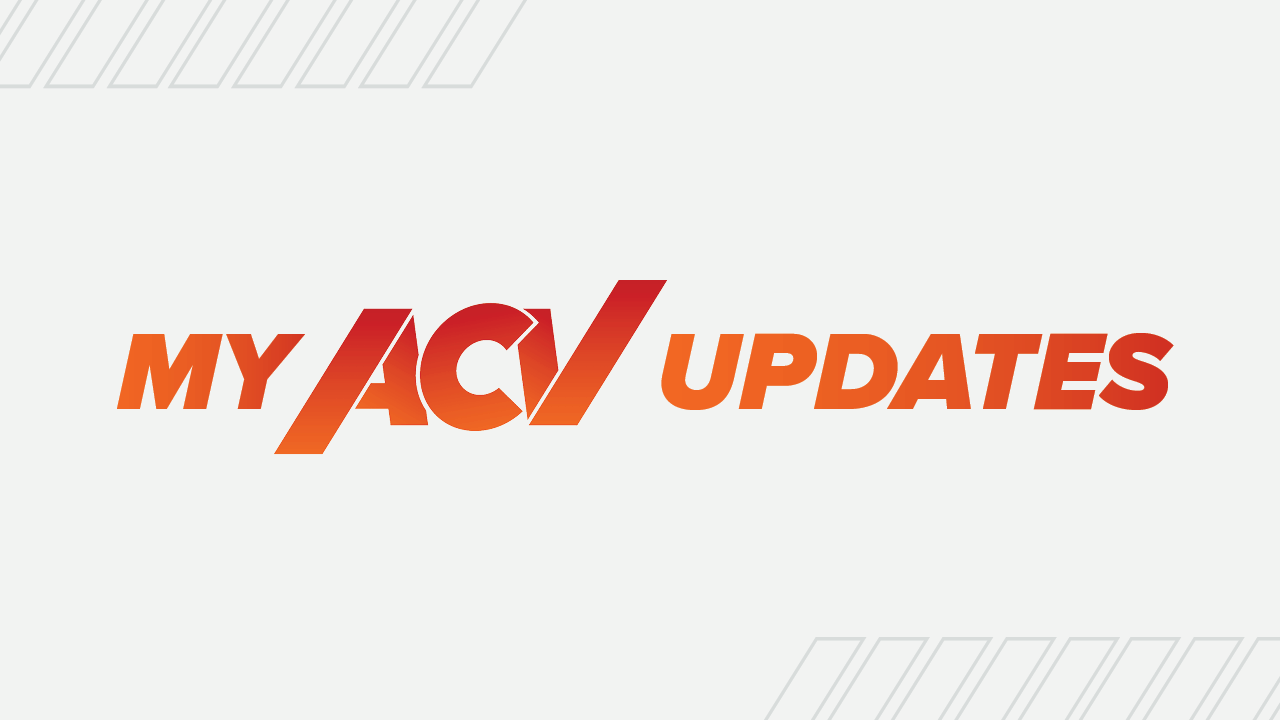ACV facts & figures

Want to turn your love of cars into a viable business? Opening a car dealership could be a great investment in your future.
As a potential auto dealer, you have lots of decisions to make. First up? Decide on the dealership you want to build and get familiar with licensing requirements.
Requirements can vary across the country. Yet, many car dealership basics are consistent no matter where you are.
Thinking Ahead: How to Get Started as a Car Dealer?
Like other businesses, dealerships face their share of start-up costs and obstacles. Yet, specific state requirements may shape the type of car dealers licenses you choose. For example, in many states, the type of license you need relates to the kind of car dealership you want to open. It’s common for states to classify licenses for selling new cars vs. used cars.
Prerequisites for a Dealer’s License
There are a few things you can do to maximize your potential for success before diving into the deep end of dealer license requirements.
First, it’s critical to build your credit score before opening your dealership. Without a good or even a great credit score, it is harder to get approved for loans or lines of credit. Build your credit score before opening your dealership. It will save you money in the long run on financing, fees, and interest rates. These costs add up and can easily sink your business. If you make sure to pay all credit cards and major purchases off on time, doing business will be easier and more profitable. It’s especially important to never miss a payment.
Second, it helps to have market knowledge before opening your dealership. Just because you are a lifelong car addict, doesn’t mean you have all the skills to build a successful dealership. To round out your industry knowledge, try a few of the following as first steps:
- Work for a licensed dealership as a salesperson
- Take dealer training or other dealer education classes
- Train at an auto repair shop, or even get a degree in automotive repairs
- Work closely with a licensed car dealer as a mentee or trainee
To get a dealer’s license, you will need to pass a criminal background check. If you have a felony on your driving record, many states may automatically reject your dealership license. So if you do have a record, it’s important to work towards getting your record expunged before applying for a car dealer’s license.
Every state will also review your driving record. So avoiding any offenses is essential. Small errors like parking tickets are less impactful. Yet, minor infractions do add up. DUIs or other any related driving violations have a larger impact. These could put your ability to get a dealer’s license in jeopardy. Additionally, if you are already licensed, a charge of this kind could threaten your ability to keep your business open.
Preparing and planning are essential parts of opening and maintaining your car dealership. Make sure you’ve considered the expectations before rushing into a new business.
Setting Up Your Dealership
Once you are prepared to set up your business, it’s time to get cracking. Before you can open your dealership you’ll need to understand all of the moving parts, such as department roles and fixed operations, and how they work together. You'll also need to:
1. Establish a place of business: This is a general term to describe any location where you run your business. In this case, your business location will be your car dealership. Though the qualifications can change by location, most states will include these common requirements:
- An owned or leased space
- Correct zoning—it isn’t enough to find or own property, the city needs to approve the location and rezoning can be a huge hassle
- An office where you handle administrative business
- A car lot (or warehouse) to store your inventory
- A display area
- Proper signage
- Meet fire code regulations
These are just some of the place of business requirements, so make sure to check with your local Department of Motor Vehicles (DMV) or equivalents (Secretary of State, RMV, etc.) for a complete list.
2. Develop your business entity:
- Pick a business name - It’s often best to pick a location-based business name so search engines can find your store easily. Make sure there are no current or previous businesses nearby with the same (or similar) name to reduce confusion. Don’t reuse an old name, it could cause bad reviews from a previous business to be mistaken as a review for your new business.
- Set up a corporation - There are many business structures for varying business types including DBAs, LLCs, Inc., S corps, and more. Consulting a business manager or lawyer is vital at this step to make sure you are setting up the right kind of license to benefit you in the long run.
- Obtain a tax ID - You’ll need this to file taxes, report sales tax, and pay employees.
- Business license - You’ll need to file your completed application form with your state clerk or Secretary of State. Every location will have different requirements or types of licenses to obtain before you set up shop. Check your local office for a list of required documents.
3. Get Insured: Your new business will need several different types of insurance to make sure you and your inventory are covered for any unforeseen events. Some types of insurance you might need are:
- Business insurance
- Liability insurance
- Site/location insurance
- Automotive repair shop insurance
- Employer liability insurance
- Automotive dealer’s insurance
Depending on your business location, different insurance types may cover different parts of your business. Often, your local insurance company will be able to give you a package deal on several of these under an auto dealer insurance umbrella policy. Depending on the type of services your dealership offers, you may need fewer or additional types of insurance.
4. Dealer Surety Bond: A dealer surety bond, or auto dealer bond, is required nationwide and is a guarantee to the public and the local government that your motor vehicle dealership will abide by federal, state, and local laws. This includes assurances that your dealership will not knowingly or unknowingly commit fraud.
The required bond amount can be different from region to region. You may want to check with a few bonding companies and get a couple of bond quotes to get the best deal. You will also have to pay a small portion of the bond amount upfront.
5. Secure financing: With all these requirements and application fees, costs can add up. That said, you won’t always have to pay cash upfront on every expense. There are plenty of ways to get financing for the various parts of your business, including:
- A mortgage - for financing your business location
- A business loan - to help pay for startup costs and fees
- A floor plan - so you can acquire inventory without paying all cash upfront. Floor plans do have associated fees though, so most businesses will want to start with a small floor plan and build as they go.
Once you’ve set up your financing, you’ll need to acquire inventory. Check out Wholesaling Used Cars: The Ultimate Dealership Guide to get information about buying and selling at wholesale auctions.
6. Apply for a Dealer License at the DMV: The DMV will be your one-stop shop for finding licensing requirements and filing your car dealer licenses. A dealer license is critical for participating in auctions and obtaining dealer plates. A dealer license is critical for participating in auctions and obtainingIn less restrictive areas, you may need just one license from your DMV. You’ll need to submit your dealer license application and pay an application fee. That said, depending on the area you may need to submit for multiple types of licenses. These could include:
- Several classes of vehicle dealer licenses
- A state car dealers license
- A city or county dealers license
- A wholesale dealers license
- License for retail tags
For further tips, check out How to Get a Dealer License For Car Auctions, to learn about retail and wholesale dealer licensing and how to get great deals at auction.
Is It All Worth It? Dealership Costs and Benefits
With so many fees, costs, and applications running a dealership may seem like a tall order. So is it worth it? How do dealers make money with all this overhead?
Staying on top of margins is key. To make money, you need to buy low and sell high. This is where any training you’ve done will come in handy. Knowing what a car is worth is often key to buying and selling both in person and at an auction. It will also help you maximize profits on trade-ins.
You can also profit from services like repairs, bodywork, maintenance checks, and auto-detailing. Dealers even make money on customer financing by receiving a small part of the interest.
Live Your Dream and Open Your Car Dealership!
These tips will help you open your dream business and thrive as a new dealer. Check out our other blogs to learn more about industry insights or how auctions work. When you are ready to start buying and selling cars, we’re here for you! We look forward to working with you at ACV Auctions!










